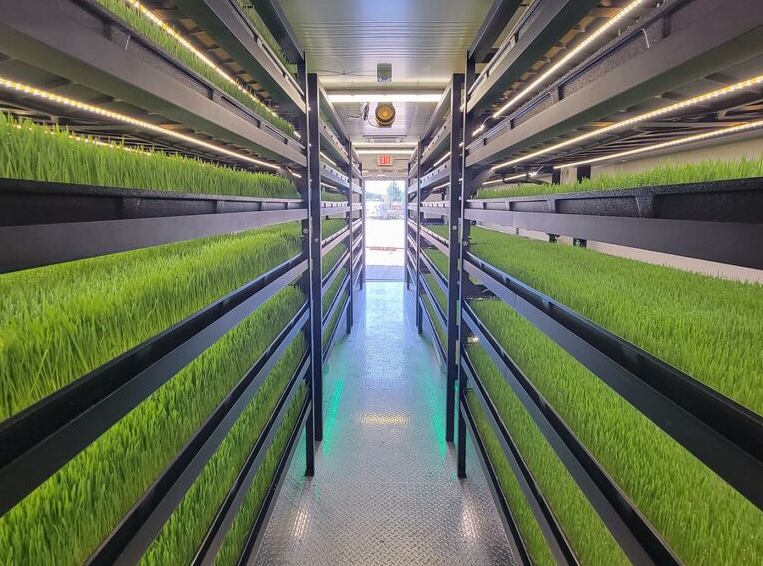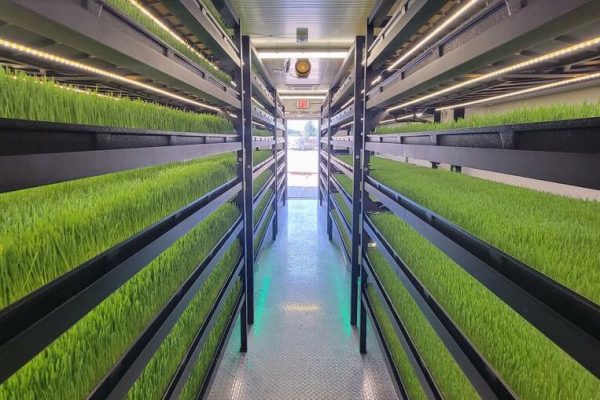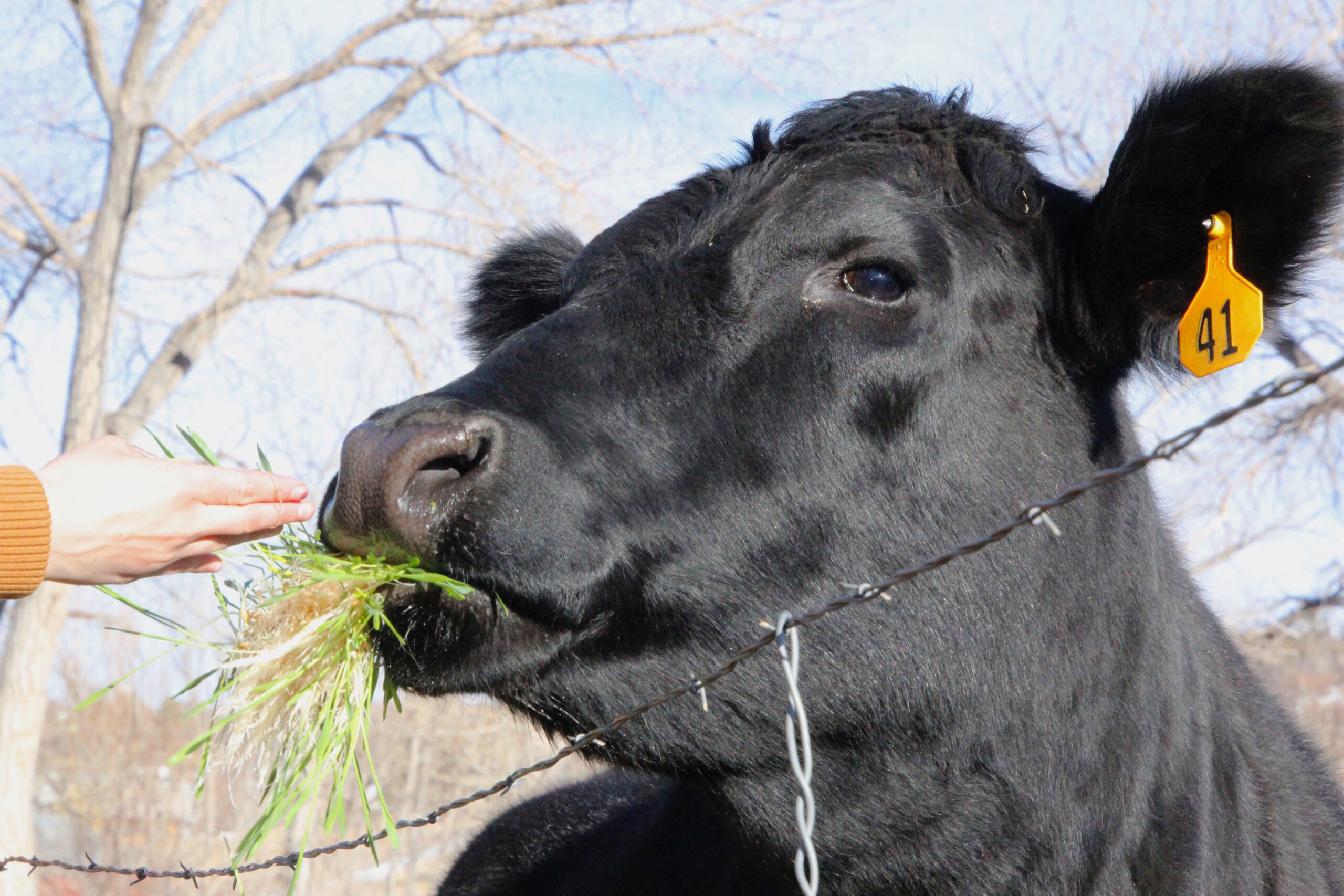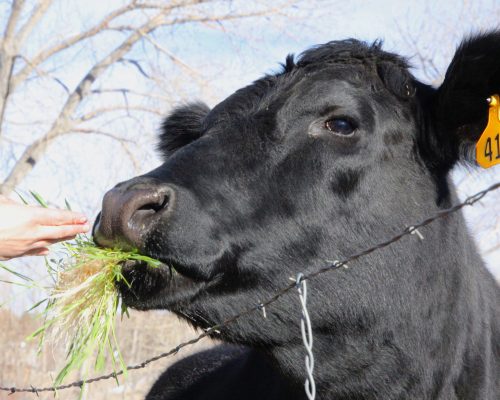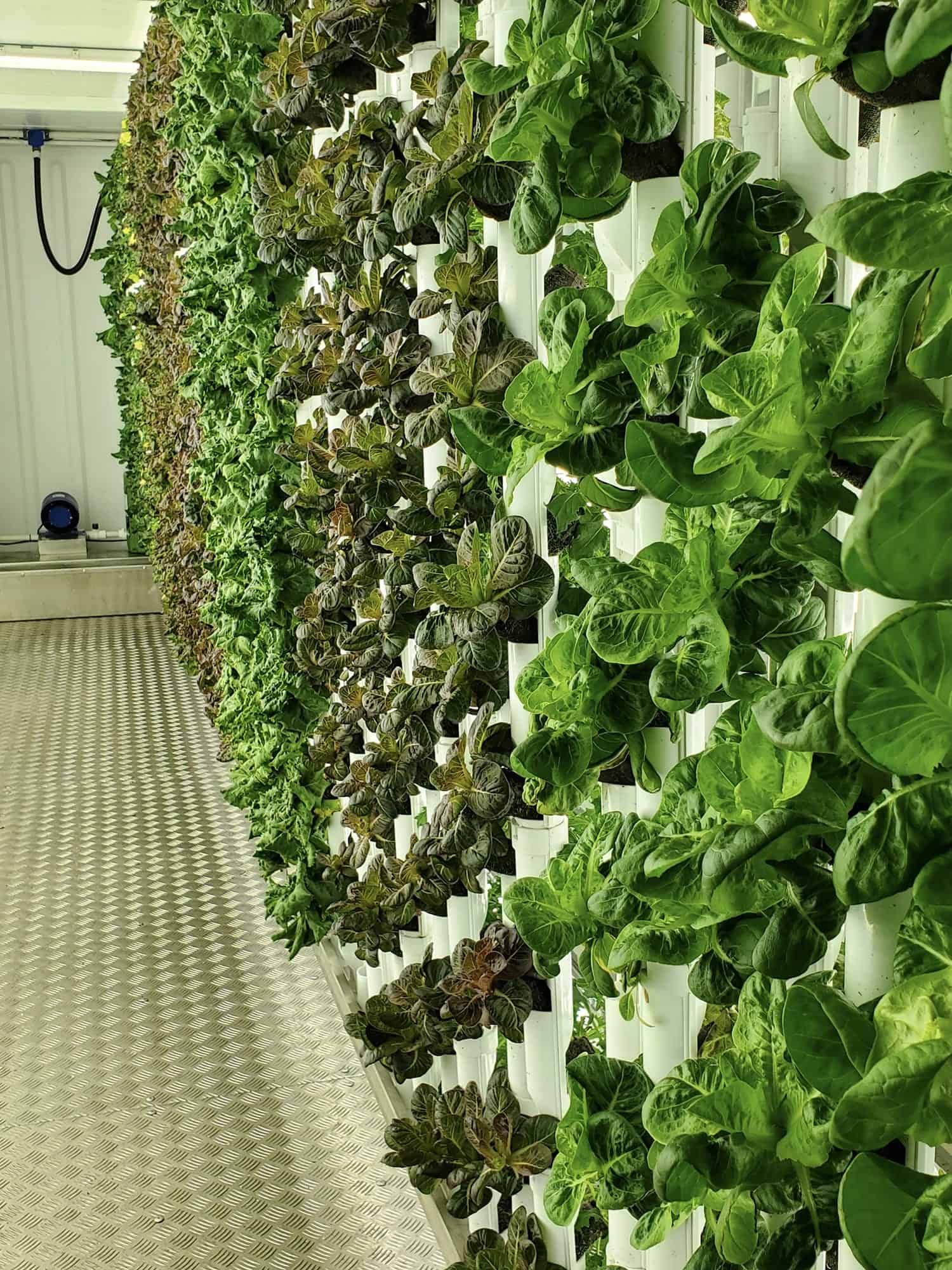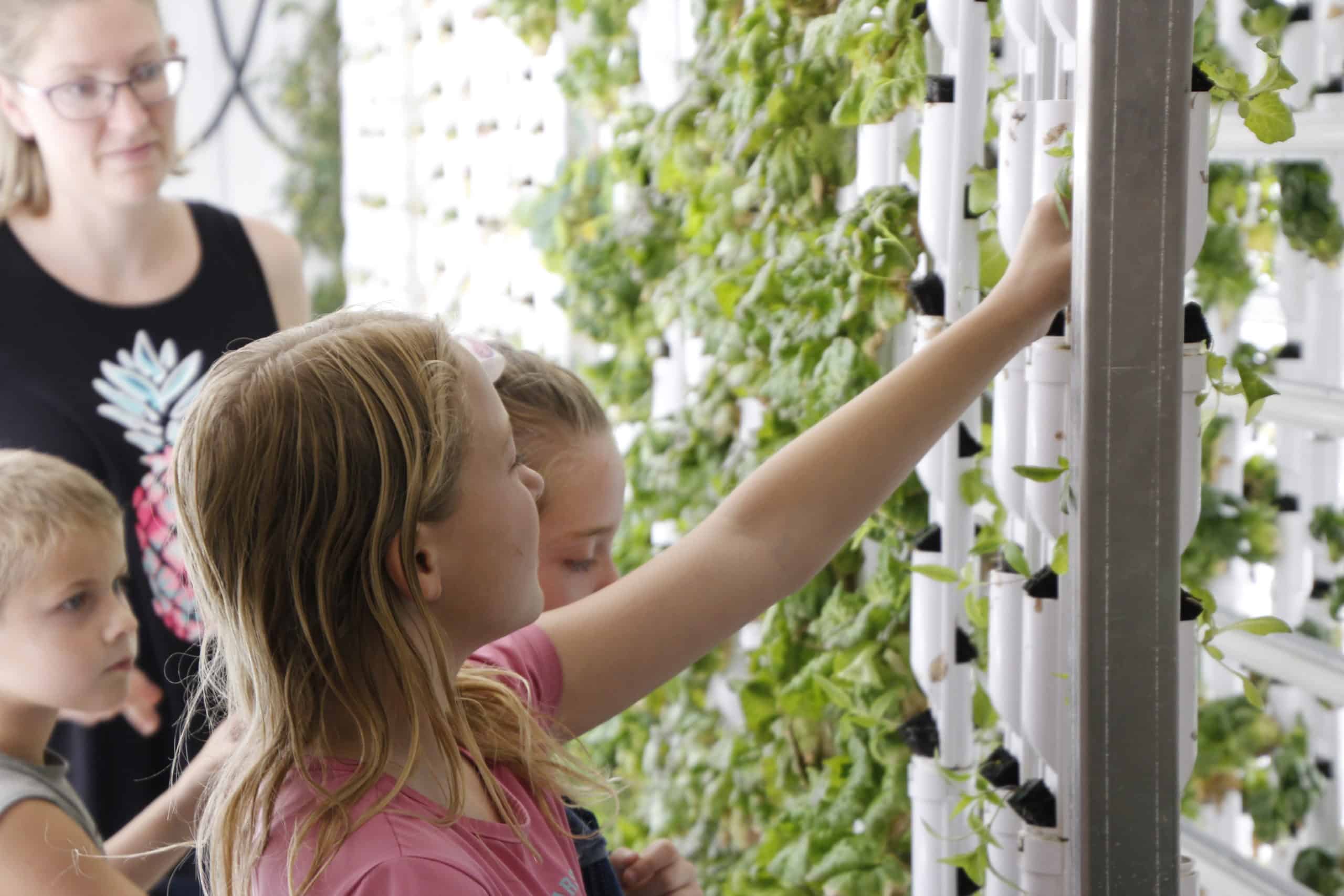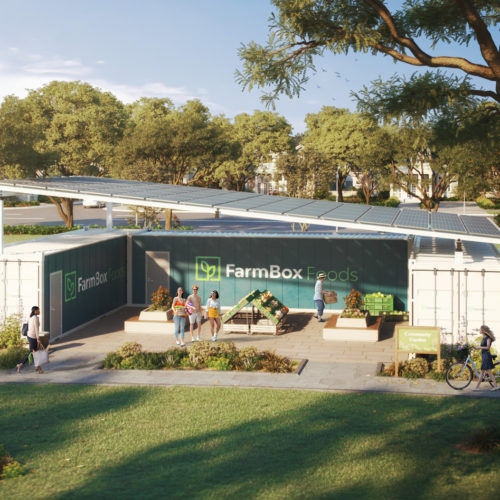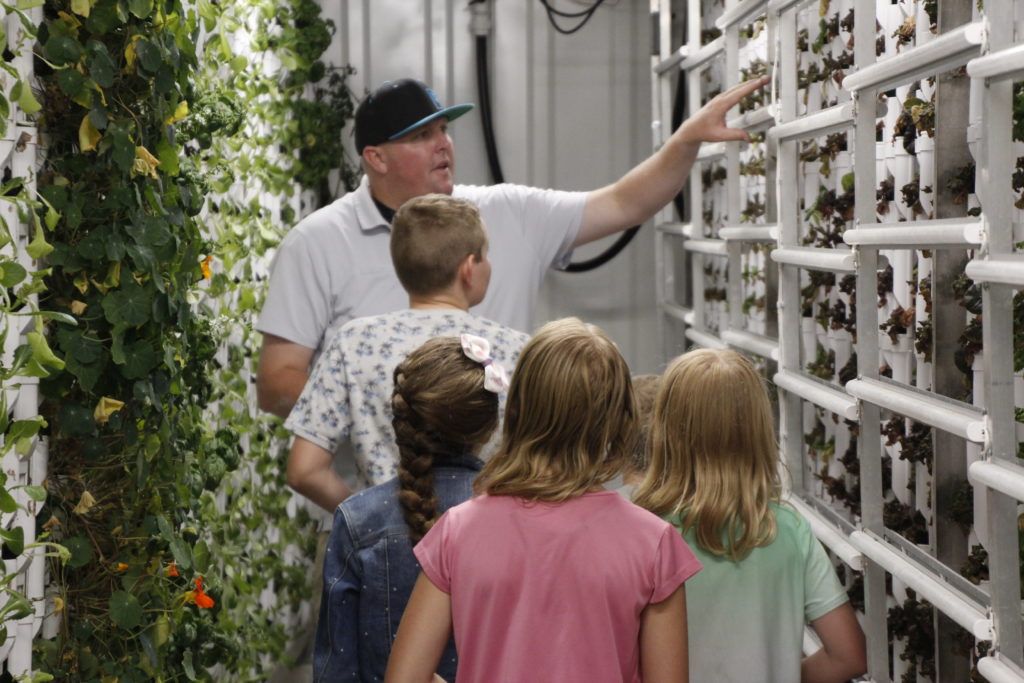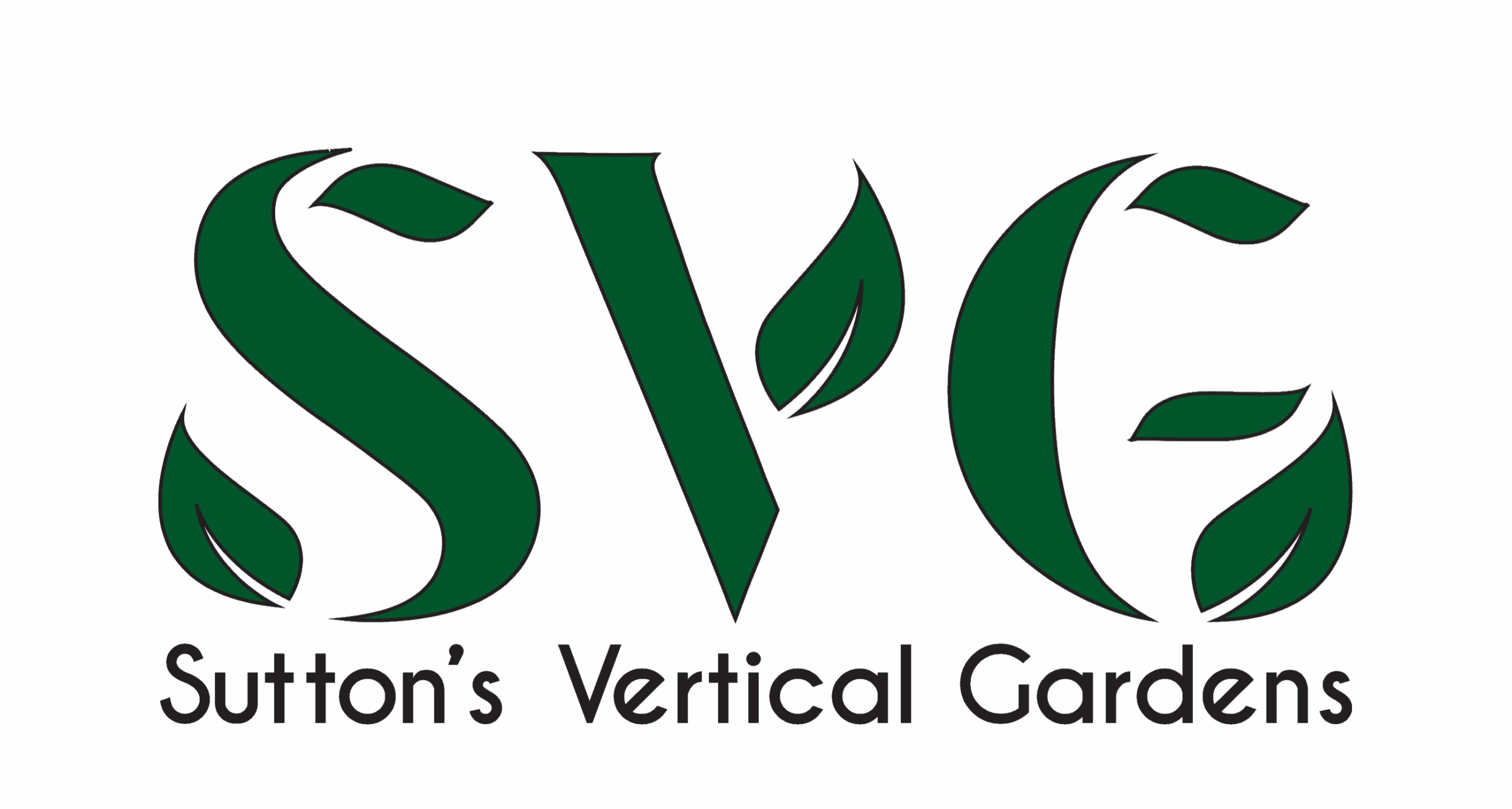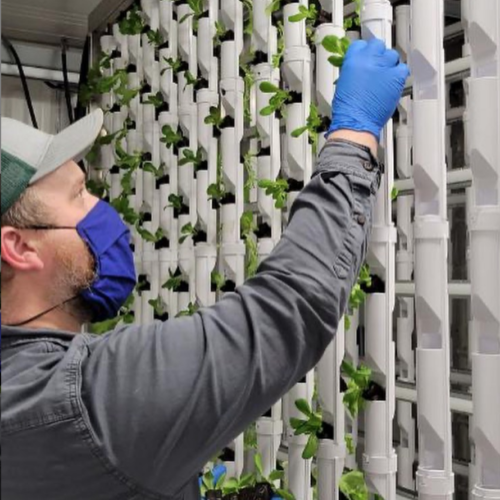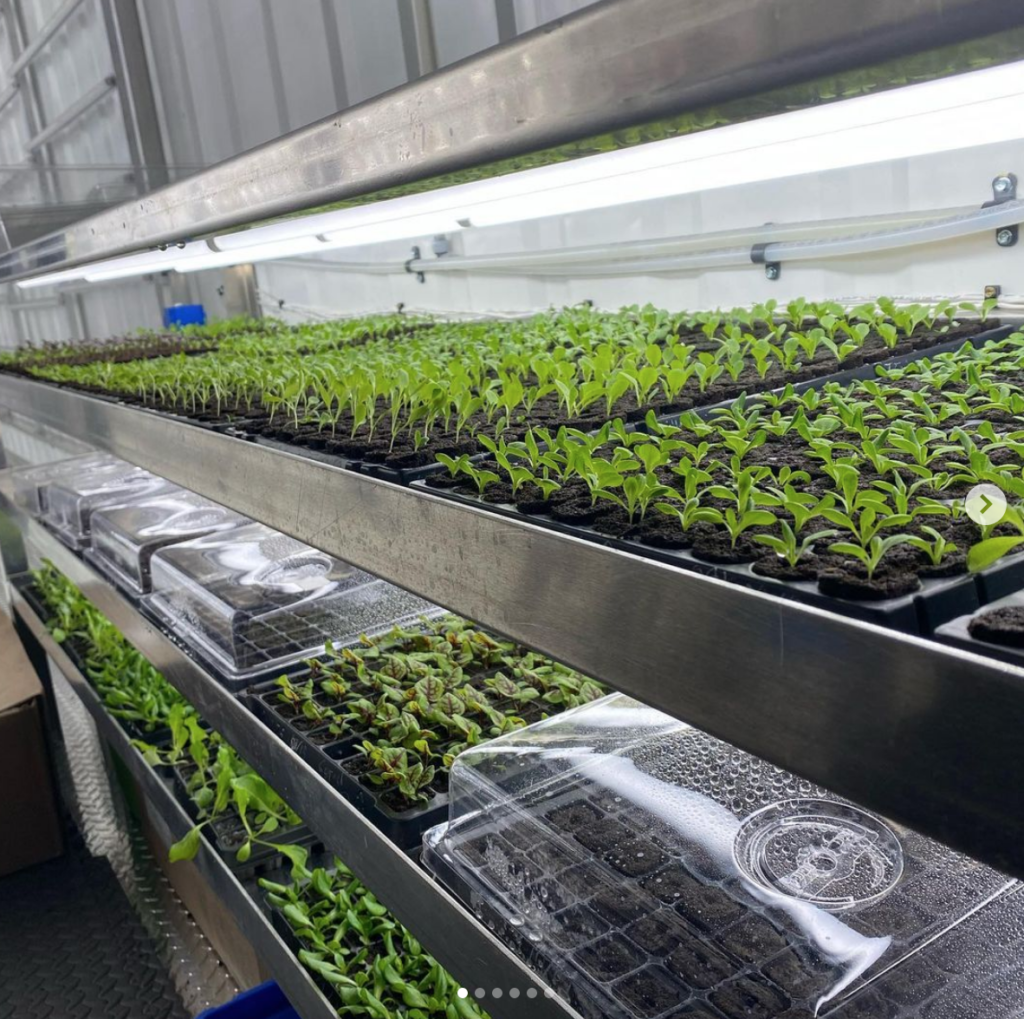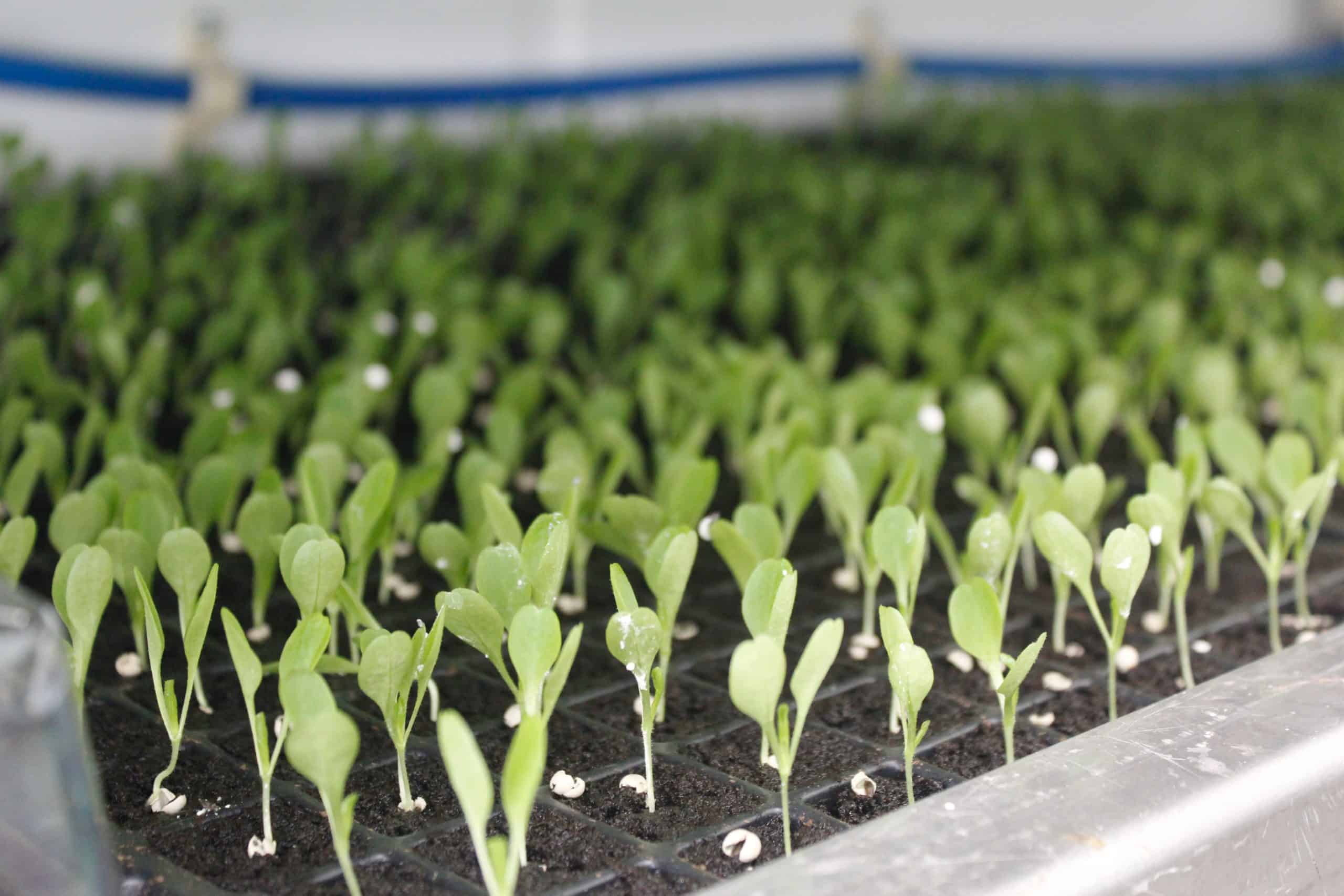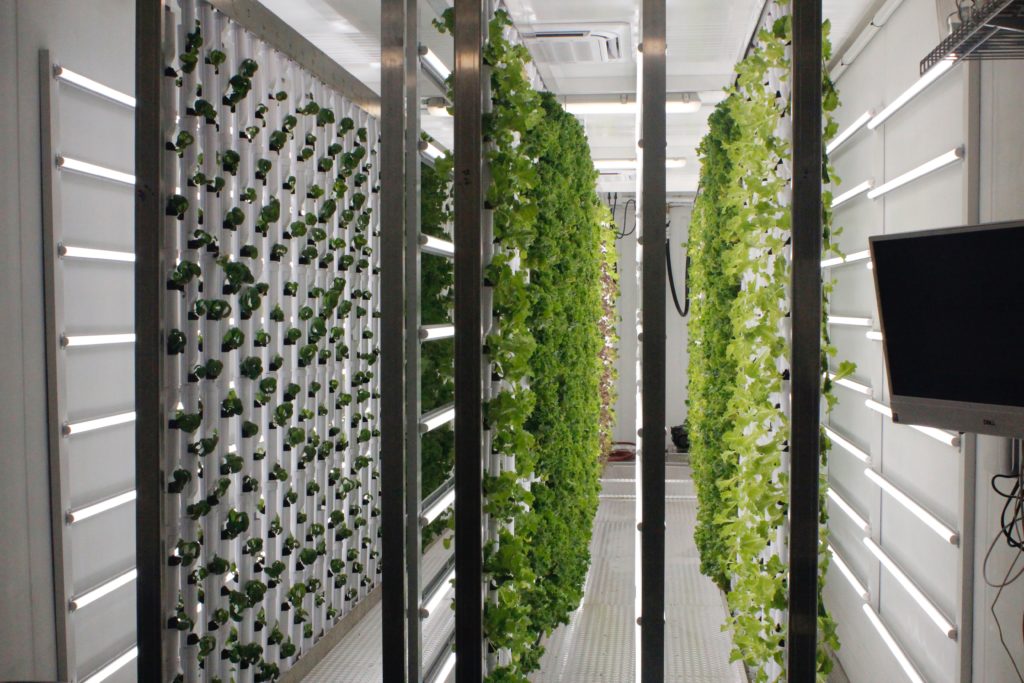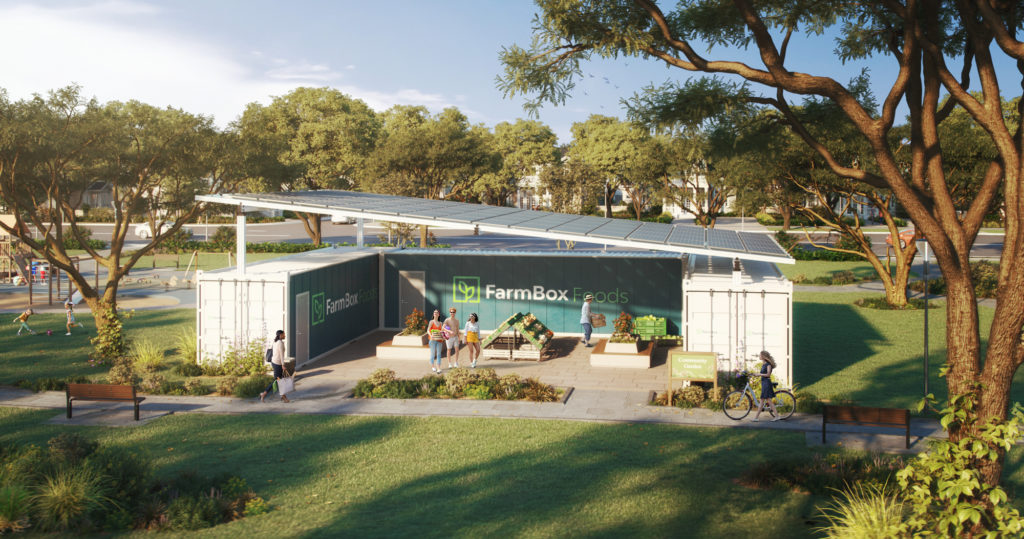CORE Electric, FarmBox Foods announce partnership to grow trees for reforestation

A groundbreaking reforestation program launched by CORE Electric Cooperative and FarmBox Foods is using innovation to achieve a new form of environmental stewardship.
On Nov. 17, the electricity provider finalized a contract with FarmBox Foods, a Colorado-based manufacturer of controlled-climate farms, to grow trees in a Vertical Hydroponic Farm housed inside an upcycled, insulated shipping container. CORE plans to use the trees to rehabilitate forests within its service area, which covers 5,000 square miles along Colorado’s Front Range.
“CORE’s partnership with FarmBox to support reforestation efforts in our service territory advances our work to be responsible stewards of the environment,” said Jeff Baudier, CORE Electric Cooperative CEO. “As a member-owned cooperative, protecting the natural resources of the communities where we live and serve is a cornerstone of our mission.”
In the first three years of the initiative, CORE plans to plant 15,000 blue spruces and ponderosa pines, both native species in Colorado.FarmBox Foods began successfully growing tree seedlings and saplings in the controlled-climate container farm in 2021, but the Vertical Hydroponic Farm purchased by CORE is the first to be solely dedicated to tree propagation. Under the terms of the agreement, FarmBox Foods will operate the indoor tree farm at its home base in Sedalia and conduct research on drought resistance, nutrient dosing, lighting and other growing parameters. The trees will then be transferred to hoop houses to allow the root systems to grow out before being planted.
“We’re really excited to see the positive impacts that will come from this unique partnership,” said Rusty Walker, CEO of FarmBox Foods. “CORE recognizes its role in helping to maintain healthy forests and I think this is going to be a model for other electric cooperatives going forward.”
The partnership allows CORE to “play its part in keeping its service territory beautiful for generations of future members,” the cooperative said in a statement. To keep powerline corridors safe and free of potential hazards, CORE responsibly removes vegetation. It’s putting a renewed focus on rehabilitating areas that have been damaged by wildfires.
“This first-of-its-kind program exemplifies how CORE is leading the way to a more sustainable future and our mission of innovation,” said Amber King, communications manager for CORE.
CORE Electric, which supplies the energy that powers FarmBox Foods’ operating farms that grow nutritious produce in Sedalia, will work with local partners to identify areas in need of reforestation.




